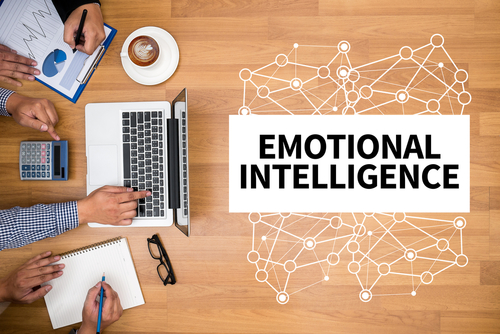Being a good agent is all about connecting with others – understanding your clients’ needs, understanding your own strengths and weaknesses, and understanding how best to help your clients. In other words, being a good agent relies on a solid knowledge of Emotional Intelligence (EI).
Understanding Agents’ Impact
Insurance agents have an incredible lifelong impact on their clients that many fail to appreciate early in their careers. Insurance products represent major decisions that will have repercussions for multiple generations in a family. From car insurance to health insurance to life insurance to homeowners’ insurance, each type of product represents a major financial and emotional investment.
Guiding clients’ to the product that is best for them requires a significant level of EI. An agent needs to understand the client’s background, their motivations, their goals, their financial, logistical, and emotional limitations, in addition to a variety of other factors. Understanding these factors is essential to providing the best product for each client.
Keeping Up with a Changing Industry
EI will also allow agents to keep up with the rapidly changing industry. As different generations’ priorities evolve, so too does the insurance industry. EI allows agents to adapt to these new priorities with ease. For example, many young people are less focused on buying homes. An agent with high EI is able to navigate this pivot easily, changing their product portfolio and targeting their new audience according to their clients’ priorities.
How to Create EI in the Workplace
To many, EI is an innate characteristic. However, just like any other skill, it can be trained and nurtured through purposeful development.
One of the easiest ways to establish a culture emphasizing EI is by hiring a team who are innately emotionally intelligent. In the hiring process, this may look like a willingness to learn and evolve, easily learning from mistakes and taking responsibility, an emphasis on networking, and an emphasis on empathetic leadership.
These leaders can help foster a work environment that nurtures EI. This involves continued education, corporate responsibility, and innovative ways to review workers’ performances.
EI is key to connecting with others, and connecting with others is at the core of the insurance industry. When trying to become a better agent, think about all of the different factors that play into EI.

